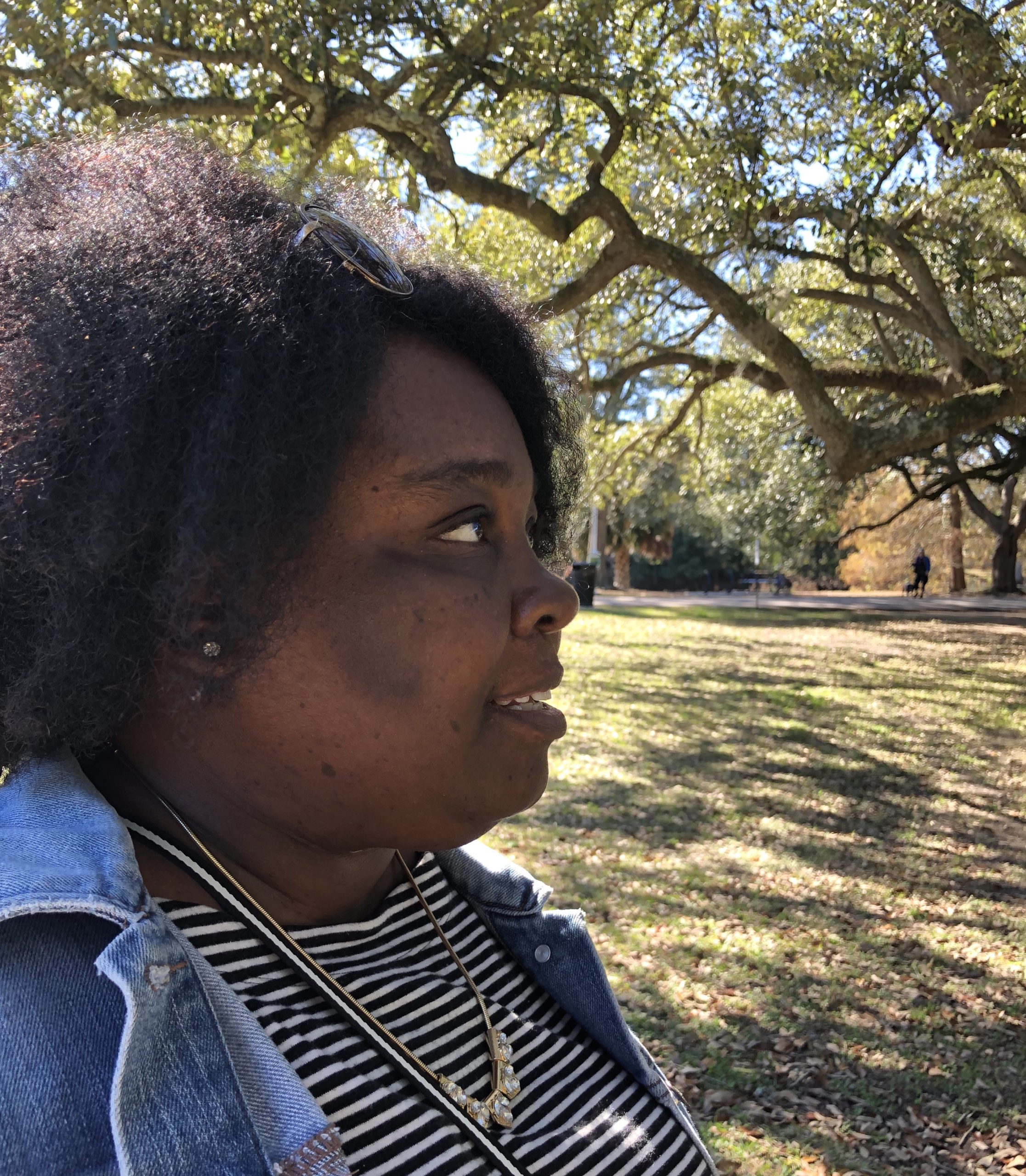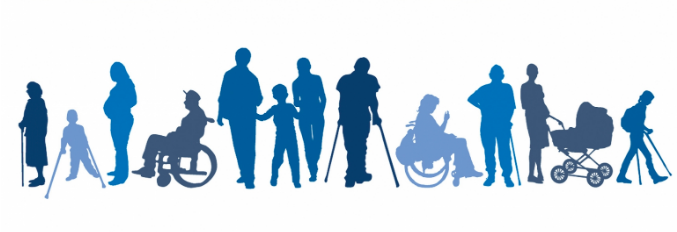TPN.Health member Angela James, LPC, like many behavioral health professionals, wears several hats. In addition to consulting and practicing privately, she serves as Assistant Director of the Accessibility Center at Tulane University in New Orleans, LA. Years of experience working in disability services in higher education and a social justice lens inform Angela’s passion for creating solutions for people with a range of abilities and access needs.

“I have always been the ‘possibilities girl’.” -Angela James, LPC
Having worked for Tulane in the past, Angela entered the position this go-round with an open mind, which has served to help her orient to the changes as well as the similarities from when she worked there in prior years. She feels fortunate to be part of such a well-oiled work environment where the transition to fully remote online operations, given the COVID-19 climate, has been relatively seamless.
“We are seeing opportunities to approach accessibility proactively versus reactively.” -Angela James, LPC
In Angela’s perspective, the world of accessibility services, in higher education and as a whole, is seeing a great shift in this climate. Now, because of the conditions with which we are all faced, access-challenges affect everyone, not just a subset of the population. Prior to COVID-19, Angela reflects that the biggest challenge in the accessibility realm was finding ways to eliminate institutional barriers. Now, the organizations and institutions where people work and learn, by necessity, are shattering some of these barriers preventing accessibility just to keep basic operations running.
“If we don’t address these barriers, none of the students can learn. None of the staff can work. So the barriers I have been advocating to diminish are now crumbling in some ways because the broader public has to reckon with them.” -Angela James, LPC
So, what does this mean for the future of accessibility services in higher education? In the behavioral health field? In other professions or institutions of learning? It is Angela’s view that the collective’s approach to accessibility is fundamentally changing, now that people know the potential for solutions with available technology and are actively making those solutions a reality. No longer are these solutions centered around retrofits for a small group. Rather, the whole population is in consideration. She notes, “I think those shifts will be very meaningful for individuals who were always told, ‘This isn’t possible.’ Now we know what’s possible, so get ready.”
With the hope of a collective shift toward solutions in accessibility, now is also a time for deliberate and thoughtful considerations at the individual level. For Angela, who has never done online counseling prior to COVID-19, this means continued education and growth in the use of technology such as Telehealth. Likewise, it is an opportunity to attend to the small details, such as lighting, payment options, and delay time which contribute a great deal to a client’s experience on digital platforms.
At TPN.Health, we take seriously the needs of our behavioral health community, especially during this time. Want to have unlimited access to quality online CEUs and the opportunity to build your digital referral network? Click here to create your TPN.Health profile to get started!
Image credit: https://www.rollinginspiration.co.za/leave-no-one-behind/
